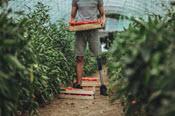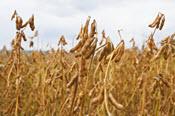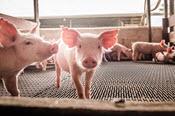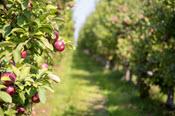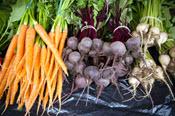Finding support after a farm incident
A national charity seeks volunteers and funding to continue supporting injured, ill and disabled farmers
By Kate Ayers
Staff Writer
Better Farming
Through the Canadian Farmers with Disabilities Registry (CFWDR), a registered charity, program coordinators connect recently injured or disabled farmers with other producers who have experienced similar life-changing events.




